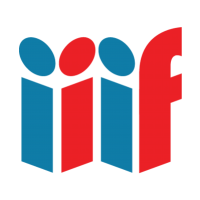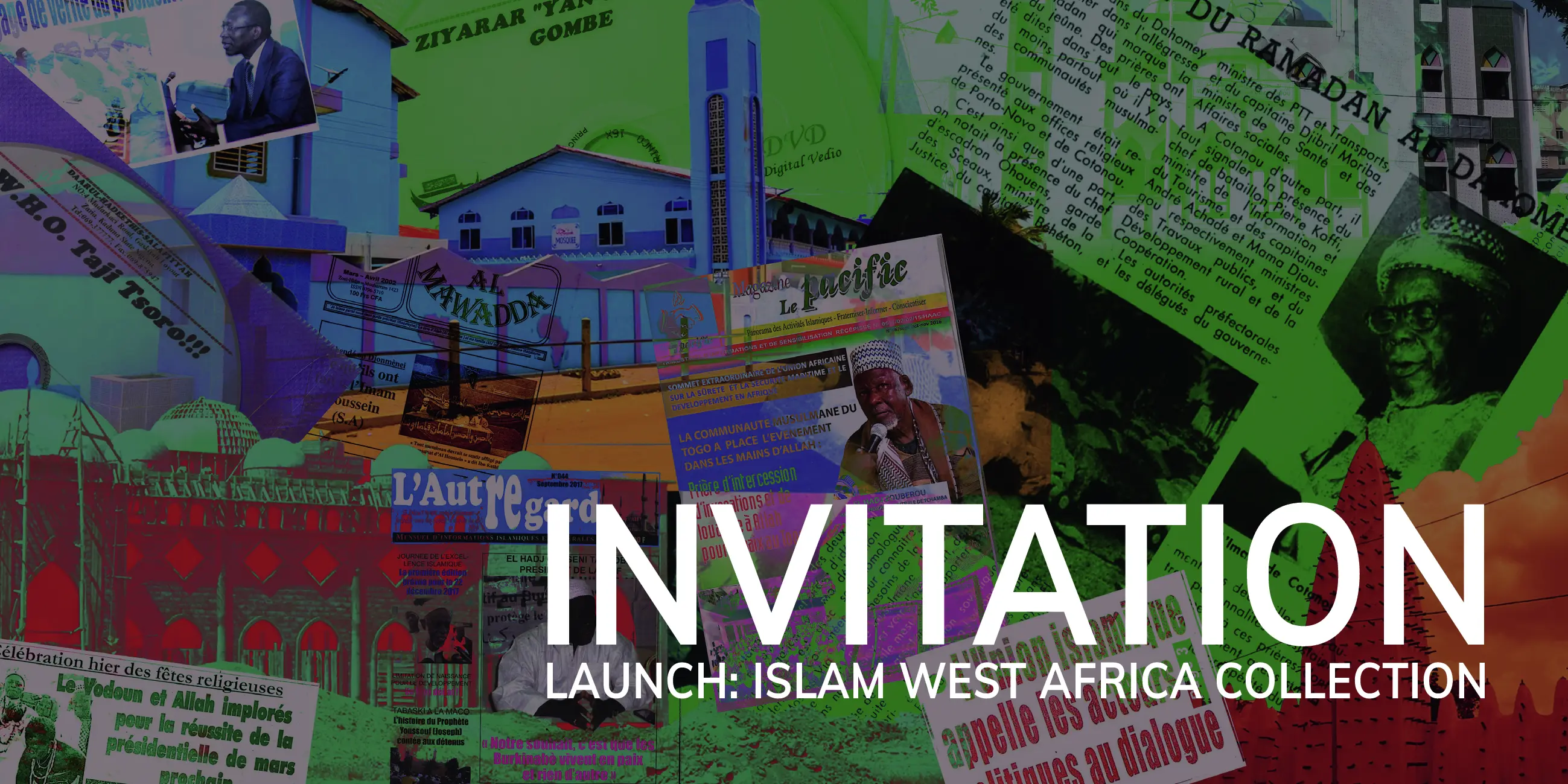Home
While digitisation of Islamic heritage in Africa has often prioritised manuscripts, the rich print culture of contemporary West Africa remains undervalued and at risk. The Islam West Africa Collection (IWAC) addresses this gap by preserving newspapers and Islamic publications: essential sources for understanding how Muslim communities have shaped—and been shaped by—the region's modern history.
Directed and developed by Frédérick Madore and hosted by the Leibniz-Zentrum Moderner Orient (ZMO), IWAC is a collaborative, open-access digital database. Building on the award-winning Islam Burkina Faso Collection launched in 2021, the repository now features over 14,500 archival documents, newspaper articles (both scanned and online versions archived via the Wayback Machine), Islamic publications, audio and video recordings, and photographs relating to Islam and Muslims in Benin, Burkina Faso, Côte d'Ivoire, Niger, Nigeria, and Togo.
Although the majority of the materials are in French, the collection also includes items in Hausa, Arabic, Dendi, and English. It indexes more than 850 references—books, articles, chapters, theses, reports and blog posts—and applies optical character recognition (OCR) to each document. This approach, combined with detailed metadata tagging, enables efficient keyword searches and advanced multi-criteria queries. IWAC also offers a comprehensive index of over 4,600 events, languages, locations, organisations, people, and topics.
By democratising access to essential research materials, IWAC makes these resources available online without financial barriers, offering West African and international scholars an alternative to the challenging conditions often found in regional libraries and archives. The database also supports flexible data export and sophisticated query methods, aspiring to facilitate research on Islam in West Africa and serve as a model for future digital scholarly initiatives.
News and release notes
The website is constantly evolving, with metadata being edited and new documents being added to the collection on a regular basis.
20 August 2025

The IWAC continues to grow. Since the start of 2025, 3,234 newspaper articles have been added to the database. These include full-text articles and metadata records from publications such as Le Sahel (Niger), Le Jour Plus, Le Patriote and Fraternité Matin (Côte d'Ivoire). These additions bring the total number of articles in the database to over 11,500.
17 April 2024

The Collection is now compliant with the International Image Interoperability Framework (IIIF) standards. This enhancement not only marks a leap forward in our commitment to making the database more accessible and user-friendly, but also underscores our commitment to promoting interoperability among digital repositories. The Universal Viewer allows for more interactive and immersive exploration of digital objects. Users can zoom, pan and explore images in fine detail.
22 January 2024

11 issues of the Islamic newspaper ASSALAM from Benin, published between 2002 and 2018, have been added to the Collection.
9 November 2023

The Islam West Africa Collection was officially launched on 9 November in Berlin. Further information.
